Code for cool: Sergey Shmidt talks shop
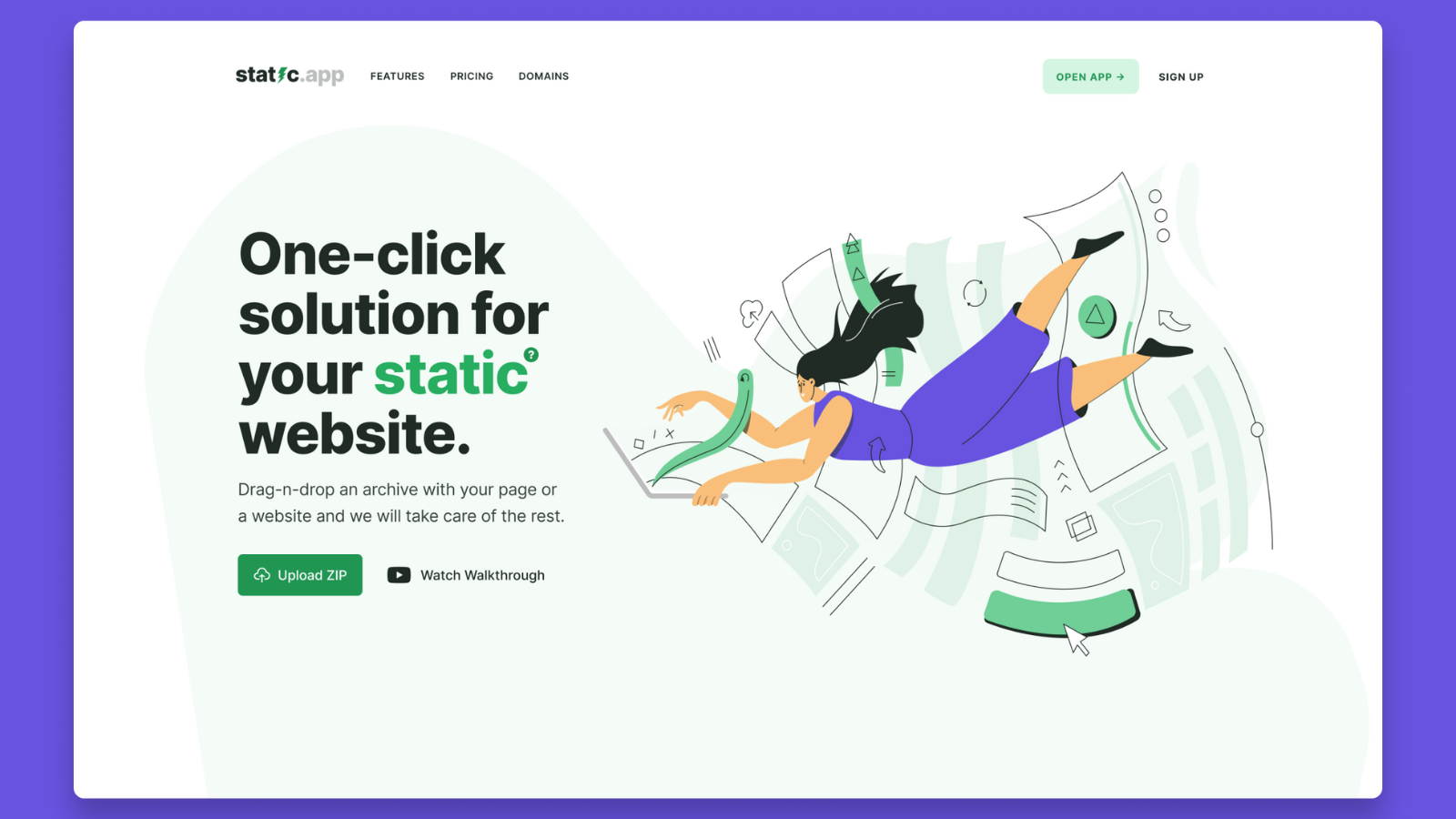
Tell us a bit about yourself and your background
Hi there. Thanks for the opportunity to be heard.
My name is Sergey Shmidt, I was born in a small town in the middle of Russia called Ozersk (kinda like Laketown), where I studied programming in college but dropped out due to a waste of time and money, which I paid for by working as a designer/developer/cable guy for a local internet provider. I started my career by learning Macromedia Flash, it was a very popular tool for creating creative websites, unlike blunt simple websites HTML could offer. I also liked it because it was a tool that combined design and coding. Luckily, later I switched to pure web away from the dead product.
I moved to Moscow in 2008, to work as a designer and web developer for the company, where I learned a lot of stuff that I use daily to this today. Andrian (Founder of Designmodo) was introduced to me by a friend in 2012, and from there we began working together for Designmodo(https://designmodo.com/), creating UI kits, which were a hit product at the time and very popular for creating quick mockups. This success enabled us to relocate to the United States in 2012, where we could focus solely on our work, creating fantastic tools for people around the world.
What are the things you find most important or helpful in shaping a creative practice and process?
Usually, when I have a very important design task with a lot of input from developers or the marketing team I usually never start right away. I keep the first ideas in my mind for a couple of days, sometimes even weeks to “brew” ideas in my head, until it shaped in some form. I walk very often so I keep visualizing the result in my mind, even when I listen to audiobooks or podcasts.
Like a snowflake, that needs the first droplet to shape its beautiful pattern, I’m searching for something that could start growing around. Usually, it’s something very little, like an icon, or a menu, from which my design starts to unfold. And from this point, it usually takes from two days to a week to finalize the result, depending on the project complexity.
Also, having fun is essential for continuing to enjoy the process. I try not to burn out; I've done it a couple of times and don't recommend it. So now I eat well and get enough sleep, meditate, walk, play games and exercise on a regular basis.
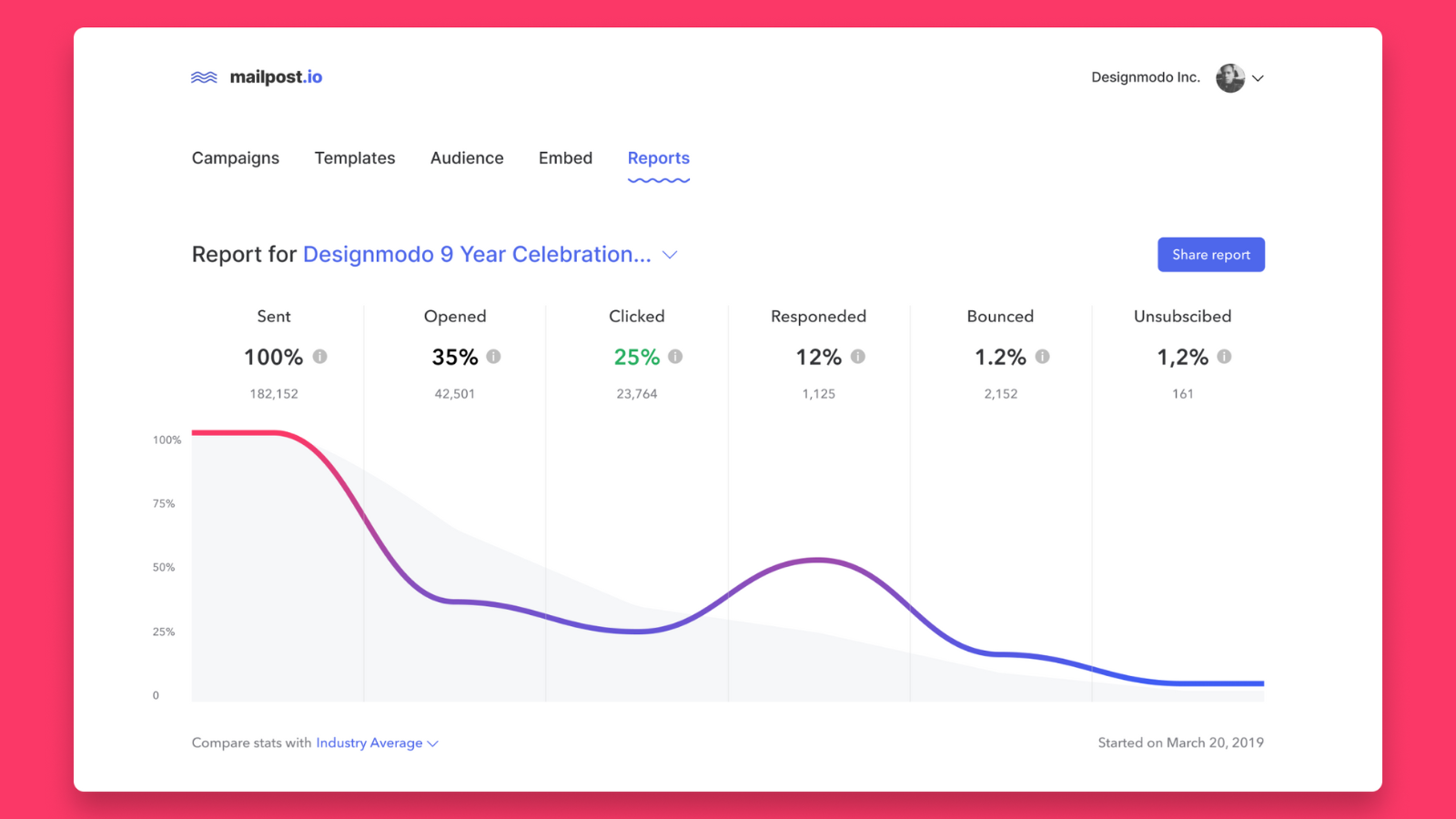
What do you think the future looks like? Do more or fewer people code?
Because coding is logic and math, I don't believe AI will do the coding for us in the future, as some people believe. While AI can outperform humans in math, logic is a human trait. I also believe that coding in the future should be easier, such as modelling the node tree architecture and configuring APIs to the desired output: get data from here and show it here. People used to use command lines to operate computers, but now they click pretty buttons to get things done.
However, I'm confident that more people will be able to create websites without coding, as the majority of them have similar needs.
Do you have a process for simplifying designs and ideas?
When there were fewer projects, it appeared that a unique design was all that was needed: colours, fonts, corner rounding, and other details. Otherwise, we reasoned, the customer would not appreciate your efforts.
With time we've realized that design is a language and that if each of our products tries to speak its own language, it will be inconvenient for everyone. We are now attempting to leverage design frameworks that we develop and sell, such as Slides (https://designmodo.com/slides/), which are used as the landing and product pages in the majority of our products and services.
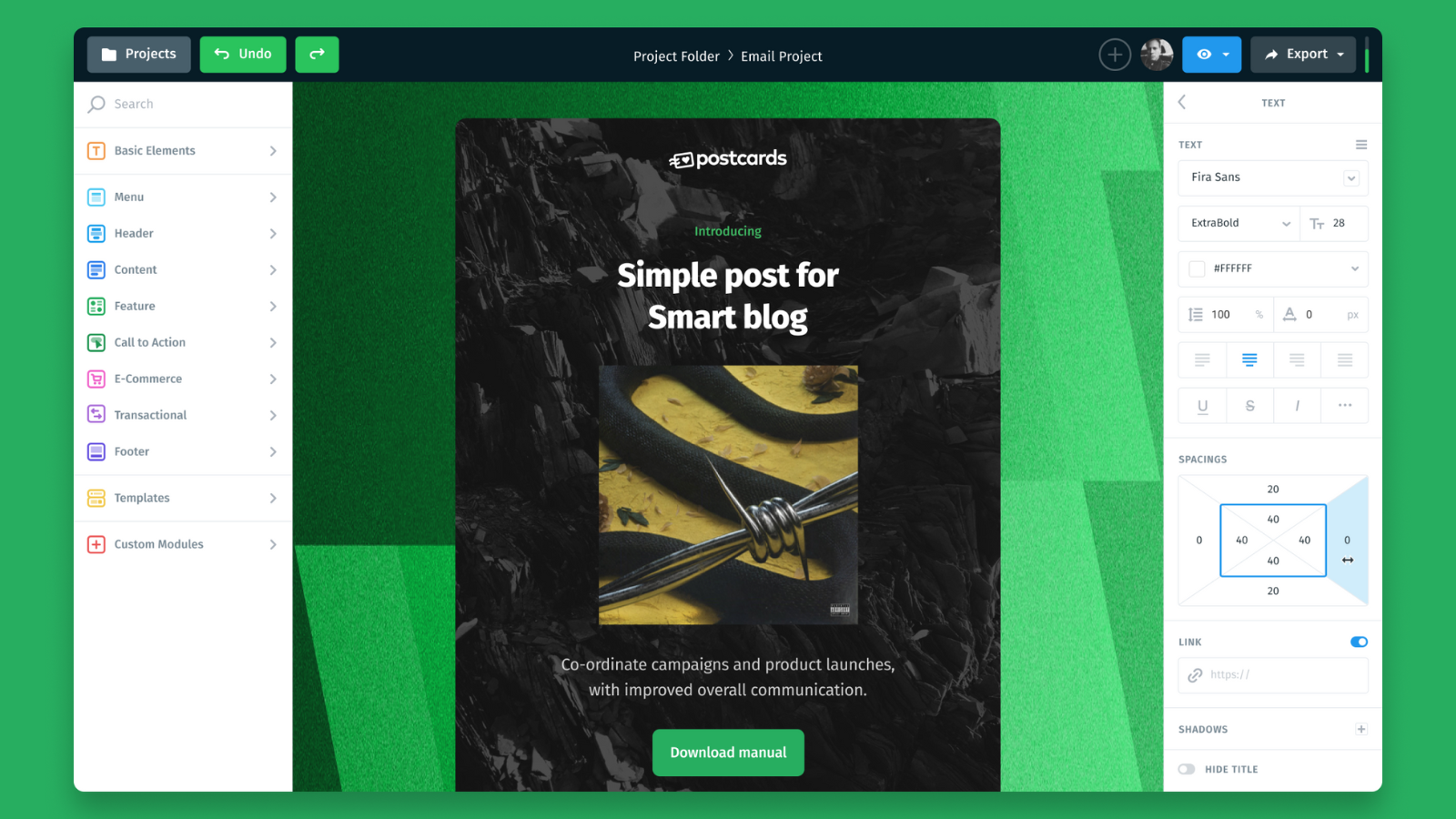
There have been some super interesting “no-code” projects over the last few years. Why do you think this shift is happening?
The answer is self-evident: more people are using the internet, and the no-code method is the most user-friendly. There is almost no learning curve, I believe that more people will create websites this way. One of such projects is Siter.io (https://siter.io), the online tool we launched in beta, which will allow designers to simply design and publish right in the browser, with no coding required. It's similar to Sketch or Figma, but you can skip the coding part and simply hit Publish and launch it to the web with a single click. You can also export your Figma design to the Siter.io app with the plugin we developed and we’ll host it in a click. We've been working on it for a while, and there's still a lot of work to be done, but it's already a fantastic tool that allows anyone to create the real thing and show it to the world.
What are some of the core methods you use when designing a website or a product?
We usually imagine ourselves as the first users of the product we create. For example, we create mailing letters with our Postcards (https://designmodo.com/postcards/) product, which we then send out with Mailpost.io (https://mailpost.io/), another product we created and use daily. Rather than waiting for the user to request them, we fix and improve the moments that annoy us before the release. This method allows us to save time and money, while also improving the user experience of our clients. We don't put anything out that we don't like or use ourselves.
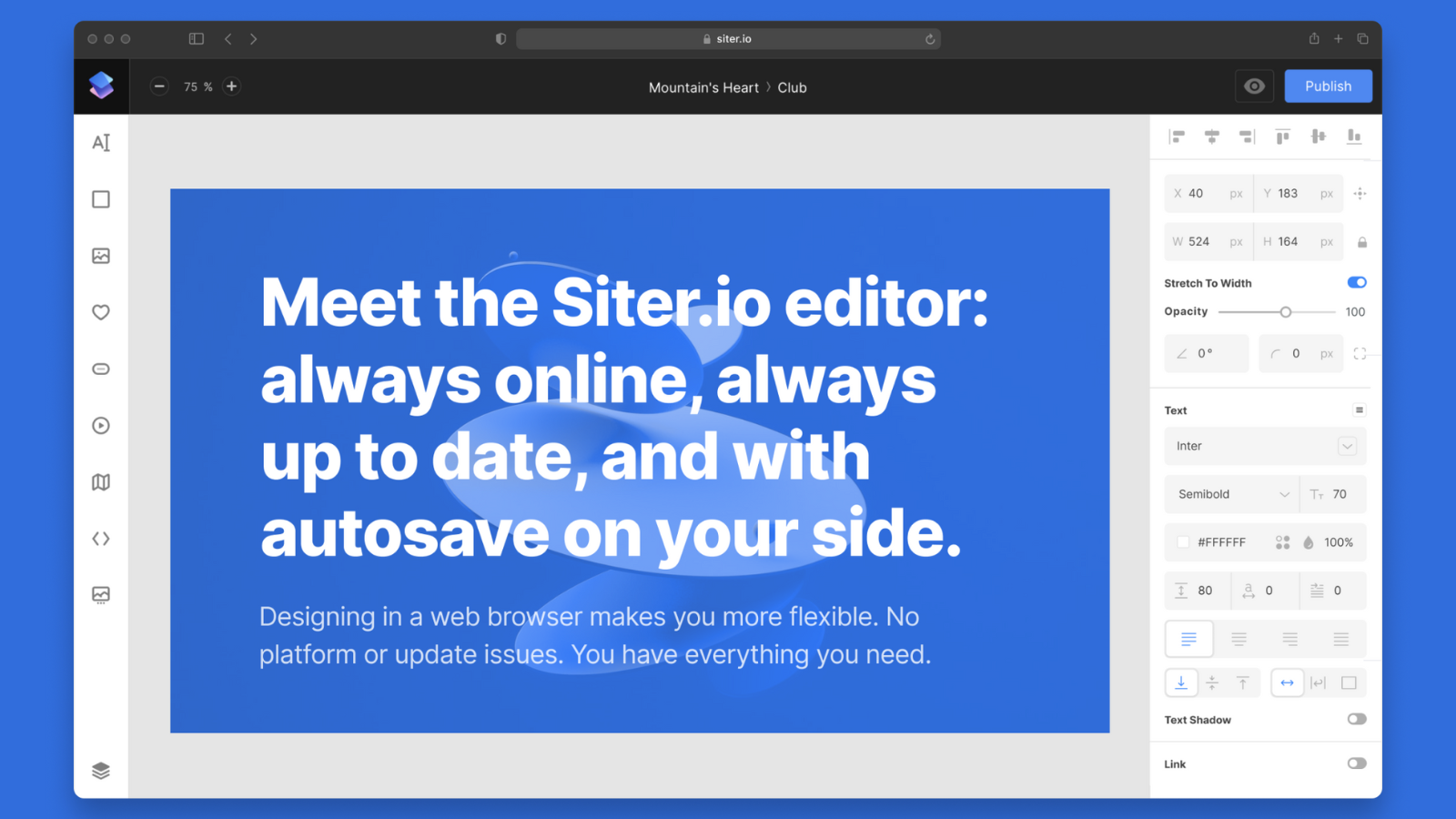
What do you consider the most significant contribution to your professional growth as a creative?
I believe that having the feeling that you are left to your own devices and that no one is above you telling you how and what to do is critical for professional development, because you are now solely responsible for your actions, implying that you are the most invested in your success. This has nothing to do with receiving criticism or feedback from coworkers; on the contrary, being attentive to feedback promotes growth by allowing you to receive suggestions for improvement. The sense of freedom is crucial to the creative process, and the constraints of possibilities provide the necessary shape. Limitations are necessary to achieve the desired result because, without them, we would rush to infinity.
Teamwork also aids in efficiency because for me there is always a desire to deliver results faster, surprise teammates with the outcome, accomplish the impossible, and so on. I encourage everyone to try working for themselves to put their ideas into action. You'll be surprised at what you can achieve.
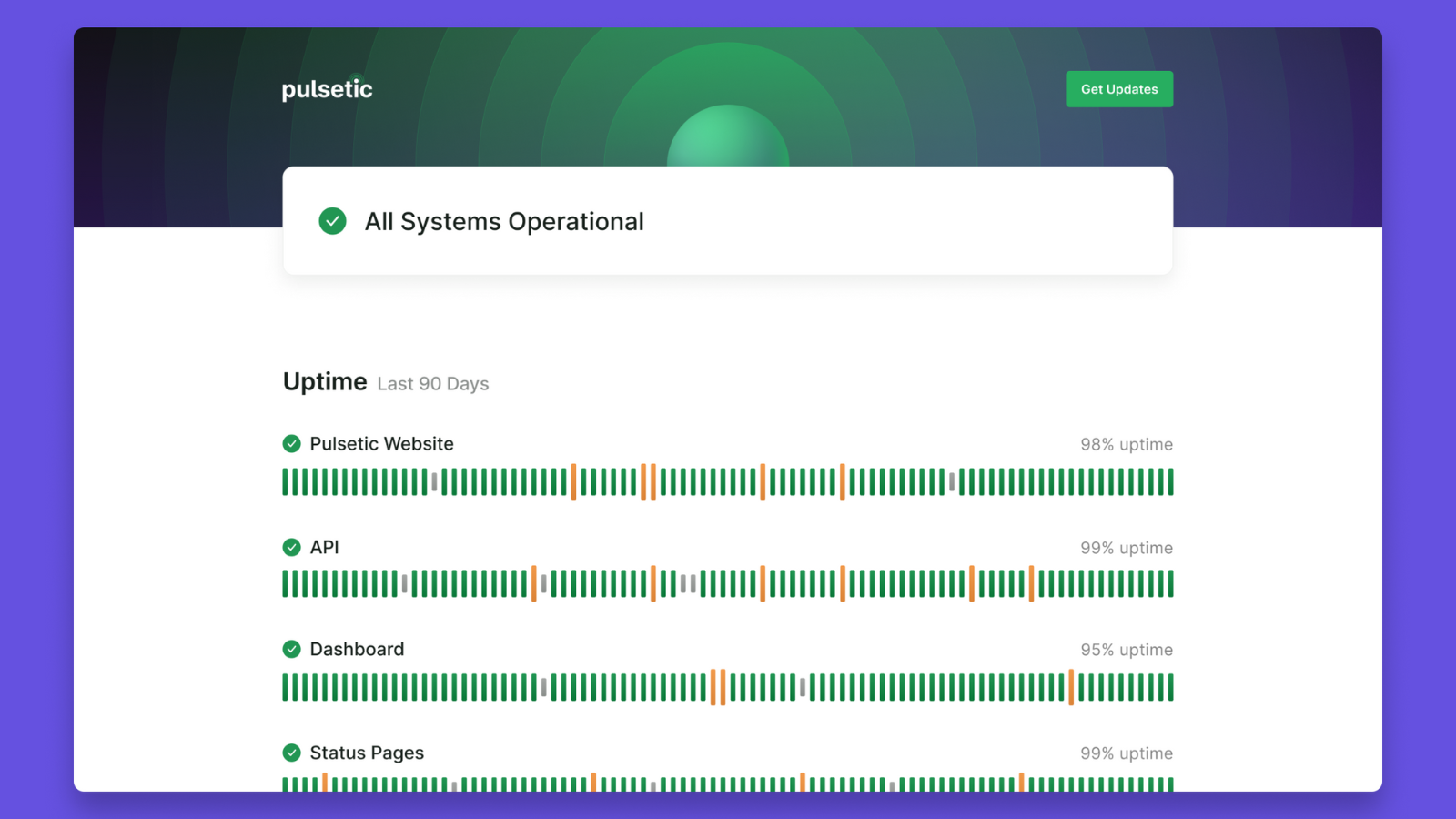
If you could, what career advice would you give your 18-year-old self?
I wouldn't change anything because luck has aided me numerous times and I am now where I am. Or buy a lot of Apple shares :D
Tell me about the most difficult project you’ve worked on and how you managed to finish it?
The launch of the Qards project, a WordPress site-building plugin, was one of many difficult moments in the history of Designmodo (https://designmodo.com/). We decided to use the services of an outsourcing company to create it instead of hiring our own programmers because we were still a small company (4 people) at the time and had no idea how we would develop it. This option was somehow the quickest and simple way for us. We knew the market for WordPress plugins was large and we should definitely try it. In the end, this proved to be a significant financial setback for us, as the work we wanted to do inside this plugin necessitated a large number of remote coders, which significantly increased the cost of the project. We managed to get this product off the ground, but it never paid for itself, with dozens of bugs and hundreds of unhappy customers. We were absolutely devastated, but we had learned our lesson.
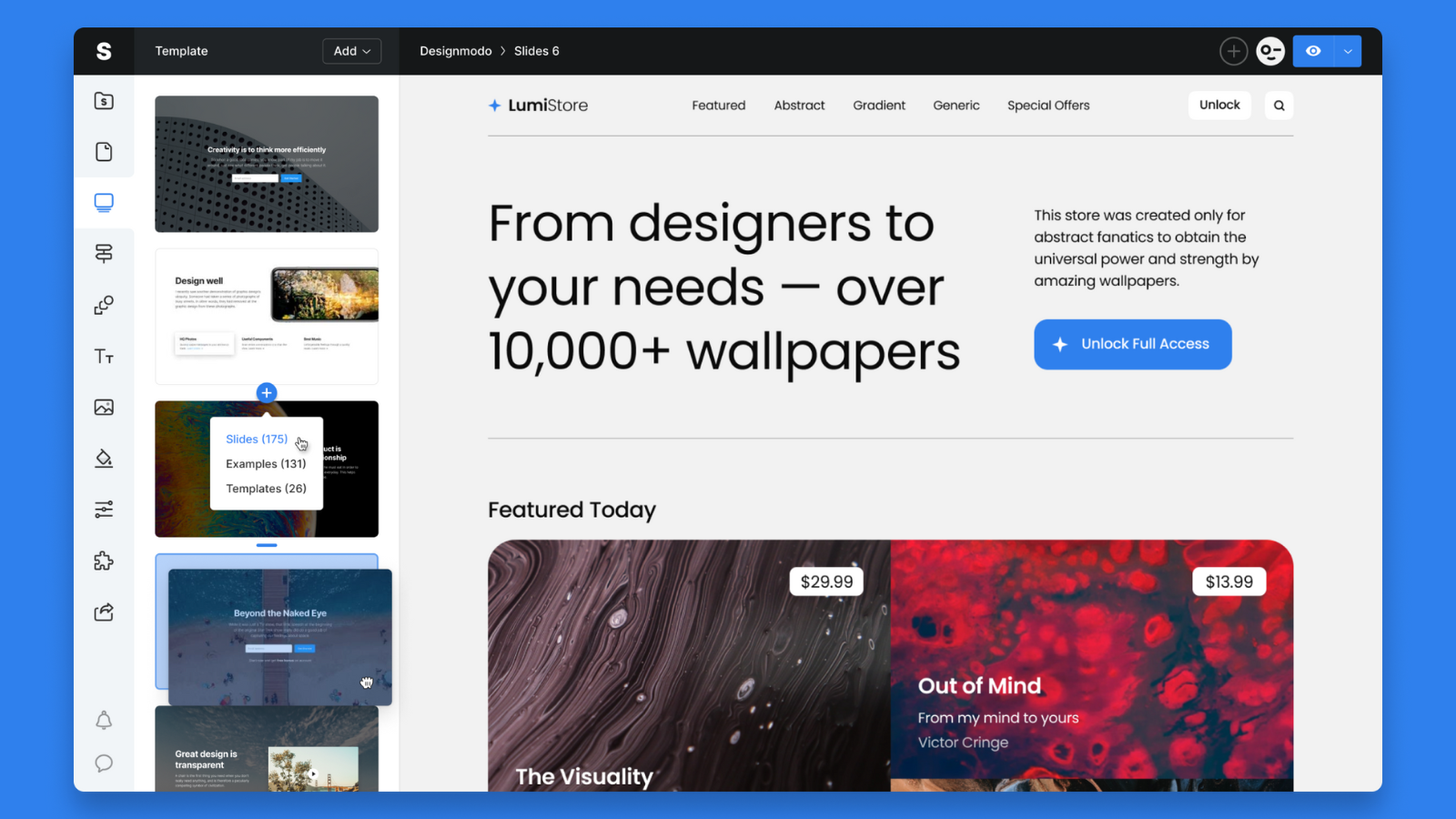
What skill are you currently learning? Do you have a process for learning new things?
At the moment I'm in the process of learning to work on several projects at the same time. At first, this greatly unsettled me, because it was impossible to keep a large number of little things and nuances in my head. Especially when it is not possible to achieve success with the task from the first approach, and the tasks are only added. But now I even started to enjoy the process, I learned to manage my time a little better. And of course, I try to improve my skills in design and people management.
What is your dream project and can you tell us a little more about it?
My vision for Designmodo (https://designmodo.com/) is for it to be a single platform for all of the apps we've built and will build in the future, allowing customers to start, maintain, and succeed with their online projects. Whether it's a website, hosting, email marketing, monitoring, project management, client support, learning, or anything else we come up with later. We're already halfway there, but I believe that by connecting all of our apps, we'll be able to provide a better user experience for our customers. I believe that by simplifying the experience for everyday users and non-specialists and providing pricing that is lower than our industry rivals', we will be able to compete with the giants.